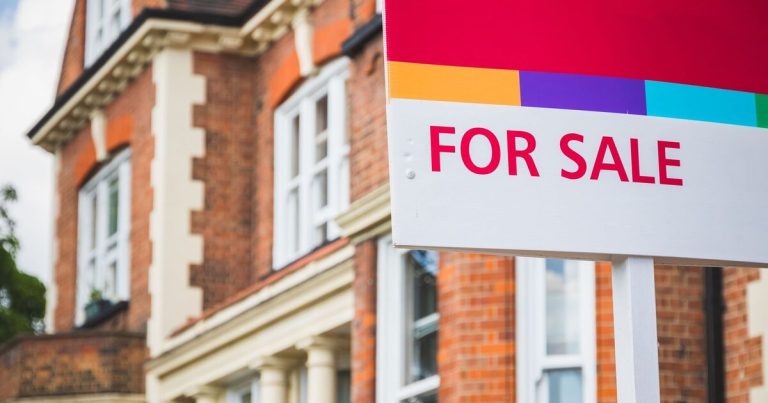
Nearly one million families are at risk of missing out on tax-free childcare this festive season. It is estimated that around 800,000 families are eligible for the benefit but are not claiming it.
The scheme essentially allows parents to avoid paying tax on earnings they would use to pay for childcare. Typically, you would pay £20 out of £100 in taxes, but under this scheme, the government tops up the claimant by £20.
The money intended for childcare can then be used to pay for childcare providers and after-school clubs. However, you will only receive the top-up once you pay-in for the childcare.
Therefore, to receive the maximum of £500 or £1,000 for a disabled child, you will need to pay £2,000 every three months. Who qualifies for tax-free childcare?
According to the government, eligibility for Tax-Free Childcare depends on employment status, income, immigration status, and the child’s age and circumstances.
Working parents who are in some form of work, even if just one parent is working and the other is unemployed, can receive Tax-Free Childcare if they meet certain criteria. Parents not working can still receive Tax-Free Childcare if their partner is either working or receiving certain benefits.
Incapacity Benefit, Severe Disablement Allowance, Carer’s Allowance, Carer Support Payment (Scotland only), and Contribution-based Employment and Support Allowance are all applicable for this group if they’re either starting or re-starting work within 31 days of the application. Following an application, parents must report that they expect to earn the following over the next three months: £2,167 for those aged 23 or over, £2,117 for those aged 21 or 22, £1,557 for those aged 18 to 20, and £1,098 for those under 18 or an apprentice.
This is calculated based on the current National Minimum Wage or Living Wage for 16 hours a week on average. Therefore, claimants can use an average of their expected earning if they do not receive a regular income or are self-employed.
For those self-employed who have only started a business less than 12 months before their application, they can still claim Tax-Free Childcare despite earning less than the above criteria. To be eligible for Tax-Free Childcare, a child must be 11 or under and usually live with the applied parent.
If a child is disabled, they can be eligible until September 1 after their 16th birthday. However, they are only eligible for Tax-Free Childcare if they get certain benefits.
Disability Living Allowance, Personal Independence Payment, Armed Forces Independence Payment, Child Disability Payment (only in Scotland), and Adult Disability Payment (only in Scotland) are among the benefits that qualify. If a child is certified as either blind or severely sight-impaired, they will also be eligible.
The immigration status of the parent is also a factor. To be eligible for Tax-Free Childcare, you must have a National Insurance number and either British or Irish Citizenship, settled or pre-settled status, or permission to access public funds.
A partner must also have a National Insurance number. Frontier workers are also eligible, but they must present their Frontier Worker permit to the Childcare Service before submitting an application.
However, if you’re already claiming Working Tax Credit, Child Tax Credit, Universal Credit, or Childcare vouchers, you can’t receive Tax-Free Childcare. You can apply for tax-free childcare online at gov.uk here.







